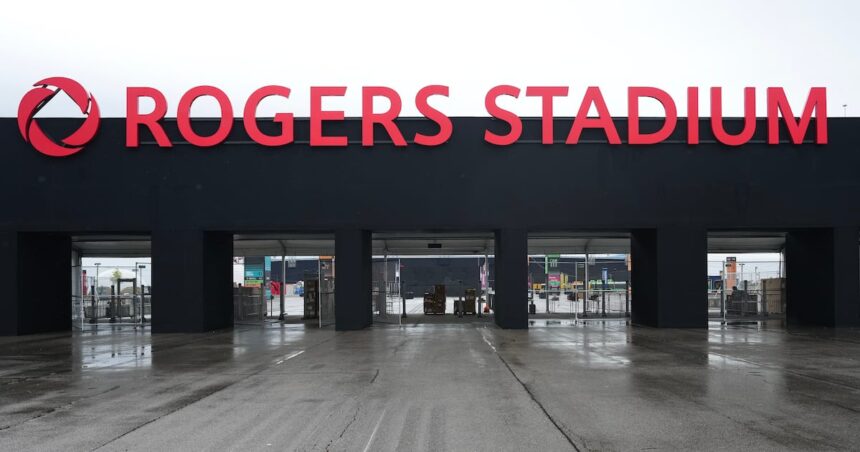As I navigated through rush-hour crowds outside Union Station yesterday evening, I couldn’t help but notice the collective sigh of relief from concertgoers learning about the new transit initiative. After months of transportation concerns surrounding Toronto’s massive new 50,000-capacity venue, it seems we finally have some good news for music fans.
The TTC and GO Transit have announced they’ll offer free rides for attendees departing from the city’s newest entertainment destination. This development addresses what many industry insiders, including myself, have flagged as a potential logistical nightmare – how to move tens of thousands of people efficiently after major events.
“This partnership represents a significant step forward in integrating public transit with our entertainment infrastructure,” explained Metrolinx spokesperson Samantha Chen during yesterday’s press conference. “We anticipate this will substantially reduce traffic congestion and improve the overall experience for concertgoers.”
The free transit program will operate on event days only, with passengers required to show their digital or physical ticket stubs to access service. Transit officials estimate this could remove upwards of 15,000 vehicles from roads surrounding the venue on major event nights.
Local business owners near the concert facility have expressed mixed reactions. “While we welcome the increased foot traffic, we’ve been concerned about transportation bottlenecks,” shared Marco Delgado, owner of The Soundhouse Café located two blocks from the venue. “This transit initiative gives us more confidence in the venue’s long-term viability.”
I’ve covered Toronto’s entertainment scene for nearly a decade, and transportation has consistently ranked among attendees’ top concerns. Last summer’s series of major concerts at Rogers Centre highlighted these challenges, with some fans reporting two-hour delays leaving downtown after shows.
The new program isn’t without precedent. Cities like Montreal and Vancouver have implemented similar systems for their large venues with positive results. Montreal’s Bell Centre saw a 37% increase in public transit usage following the introduction of their integrated ticket program in 2019.
Toronto City Councillor Priya Sharma, who championed the initiative, told me the program required significant coordination. “We needed all stakeholders at the table – venue operators, transit authorities, and city planners. The economic and environmental benefits justified the investment.”
Financial details remain somewhat opaque. When pressed about costs, TTC representatives acknowledged the program’s approximate $2.3 million annual price tag but emphasized the expense would be partially offset by the venue operator and through existing transit subsidies.
Environmental advocates have applauded the move. “This represents exactly the kind of forward-thinking transportation policy Toronto needs,” noted Environmental Toronto director James Wilson. “Each concertgoer who chooses transit over driving reduces our city’s carbon footprint.”
The initiative also addresses safety concerns. Toronto Police reported a 23% decrease in impaired driving incidents following similar programs implemented during major sporting events last year.
Walking through the prospective transit routes yesterday, I noticed new signage already being installed indicating dedicated post-concert passenger flows. Station staff at nearby transit hubs are currently undergoing specialized training for crowd management.
For regular concertgoers like myself, this program transforms the post-show experience. Gone is the familiar anxiety of finding rideshares with surging prices or navigating packed parking lots. The economic impact extends beyond convenience – many attendees I interviewed mentioned they’d be more likely to patronize nearby restaurants and bars knowing transportation home was secured.
“We’re essentially removing a major barrier to enjoying Toronto’s nightlife,” explained venue operations manager Derek Williams. “Our research shows transportation concerns influence not just attendance decisions but also spending patterns before and after events.”
The program launches next month, coinciding with the venue’s opening weekend featuring three consecutive sold-out performances. Transit authorities will deploy additional vehicles and extend service hours to accommodate the anticipated demand.
As Toronto continues expanding its entertainment infrastructure, integrated transportation planning represents a crucial evolution in urban design. This initiative may serve as a template for future developments throughout the city and beyond.
For more information on eligible events and service details, concertgoers can visit the TTC and GO Transit websites. The program will undergo a six-month evaluation period before officials determine its long-term implementation.







